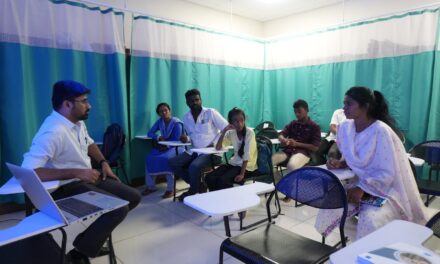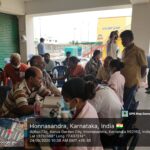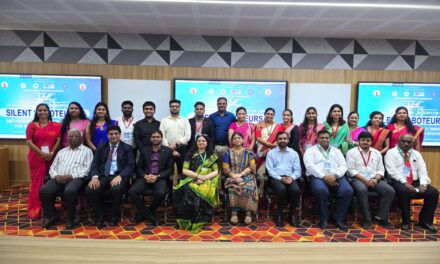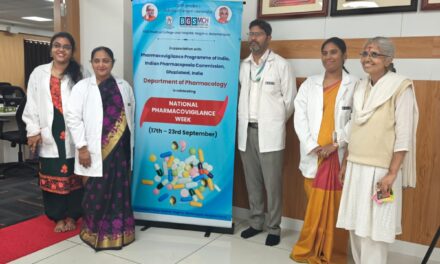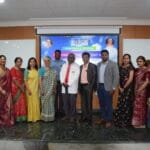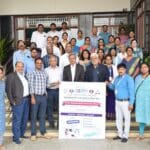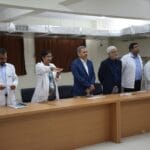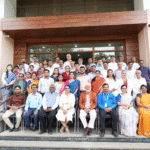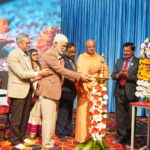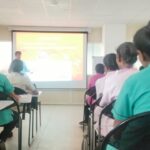
Type 1 Diabetes Mellitus Education Program conducted at BGS Medical College and Hospital
Date: 15 October 2025
Venue: Medicine Seminar Room, BGS MCH Hospital, Bengaluru
Organized by: Department of Endocrinology (General Medicine)
Program Lead: Dr. Gopinath N, Consultant Endocrinologist
Target Group: 5 Type 1 Diabetes Mellitus Patients and their Parents
Introduction
The Type 1 Diabetes Mellitus Education Program was conducted on October 15, 2025, at BGS MCH Hospital with the objective of empowering Type 1 Diabetes patients and their caregivers with essential knowledge and self-management skills. The two-hour interactive session (10:00 AM – 12:00 PM) focused on practical education, skill training, and complication prevention to improve long-term health outcomes.
Program Objectives
The educational session aimed to:
Improve understanding of disease basics and pathophysiology
Provide hands-on training in insulin storage, handling, and administration
Strengthen self-monitoring and glycemic control skills
Educate on sick-day rules and emergency warning signs
Introduce carbohydrate counting to promote dietary flexibility and better insulin dosing
Participants
Five Type 1 Diabetes Mellitus patients and their parents — all under regular follow-up at the Endocrinology Department — actively participated. The family-centered approach ensured better understanding, confidence, and shared responsibility for diabetes care.
Program Flow & Content Covered
| Session | Topic Covered | Key Learning Outcome |
|---|---|---|
| Session 1 | Introduction to Type 1 DM | Understanding autoimmunity & lifelong insulin need |
| Session 2 | Physiology of Insulin | Role of insulin in glucose metabolism |
| Session 3 | Insulin Usage, Storage & Injection Techniques | Hands-on training, site rotation, needle use |
| Session 4 | Sick-Day Guidelines | Preventing DKA, when to seek help, ketone monitoring |
| Session 5 | Carbohydrate Counting | Meal flexibility & glycemic control |
Educational Impact & Outcomes
The program resulted in:
Increased knowledge about insulin management and self-care
Improved confidence in administering insulin and monitoring glucose
Better preparedness for sick-days and emergency situations
Enhanced problem-solving ability for day-to-day diabetes challenges
Participants shared highly positive feedback and expressed interest in attending more such sessions. The interactive model and personalized attention made the sessions impactful and easy to adopt in real-life settings.
SDG Alignment
SDG 3 – Good Health & Well-being
Ensuring healthy lives and promoting diabetes awareness for a better quality of life
Conclusion
The Type 1 Diabetes Mellitus Education Program successfully achieved its goals by equipping patients and their caregivers with critical self-management skills. By combining structured education, hands-on training, and evidence-based guidance, the program laid a strong foundation for better glycemic control and reduced complications. This initiative will serve as a model for future diabetes education activities, reinforcing BGS MCH Hospital’s commitment to patient-centered, comprehensive endocrine care.

